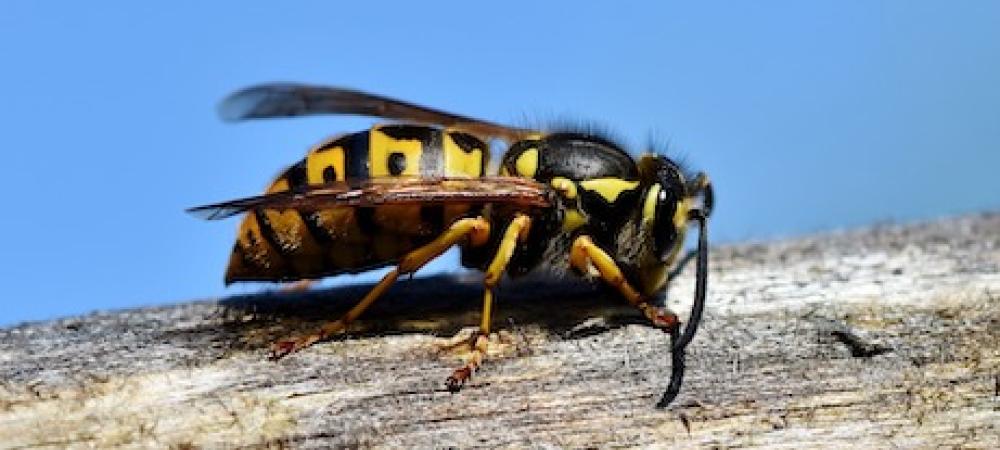The 5 Most Common Stinging Insects in Detroit

When the warm weather arrives in Detroit, so do the stinging insects. While these creatures play vital roles in our ecosystem, their presence can also pose a threat to those who may be allergic or simply looking to enjoy the outdoors in peace. In this blog, we'll explore the five most common stinging insects in Detroit, their characteristics, and some tips on how to avoid getting stung.
1. Honeybees
- Appearance: Honeybees are relatively small and typically have a brownish-yellow coloration with black stripes on their abdomen.
- Behavior: These industrious insects are important pollinators, making them essential for the ecosystem and agriculture. They usually sting only when provoked or when their hive is threatened.
- Sting: The sting of a honeybee is barbed, meaning that the bee usually dies after stinging. Their stings can cause discomfort and, for those allergic, potentially severe reactions.
2. Yellow Jackets
- Appearance: Yellow jackets are often mistaken for bees due to their similar size but have a sleeker build and brighter yellow coloration.
- Behavior: These social insects are known for building their nests in various locations, including underground, in walls, and in trees. They become aggressive when their nest is disturbed.
- Sting: Yellow jackets are known for their painful stings. Unlike honeybees, their stingers are not barbed, so they can sting multiple times.
3. Paper Wasps
- Appearance: Paper wasps have long bodies with narrow waists. They can vary in color from brown to reddish-brown, with yellow markings.
- Behavior: Paper wasps construct open, umbrella-like nests. They are generally less aggressive than yellow jackets but will sting if they feel threatened.
- Sting: Their stings can be painful, and like yellow jackets, they can sting multiple times.
4. Bumblebees
- Appearance: Bumblebees are large and robust with a fuzzy appearance. They are often black and yellow, but some species can be orange or even entirely black.
- Behavior: Bumblebees are excellent pollinators who are generally less aggressive than other stinging insects. They can sting if provoked, but they usually go about their business peacefully.
- Sting: Bumblebee stings are less common but can still cause discomfort. Unlike honeybees, bumblebees can sting multiple times.
5. Hornets
- Appearance: Hornets are the largest of the common stinging insects. They have a distinct black-and-white coloration with a robust build.
- Behavior: Hornets are known for their potent sting and aggressive defense of their nests. Their nests are often located in high places, like trees or eaves.
- Sting: Hornet stings are notably painful and can deliver repeated stings. Their venom can be especially dangerous to those with allergies.
Tips for Coexisting with Stinging Insects:
- Avoid Agitating Nests: Be cautious around areas where you suspect stinging insects may have built nests.
- Wear Protective Clothing: Consider wearing light-colored, long-sleeved clothing and closed-toe shoes when gardening or spending time in nature.
- Use Caution with Fragrances: Perfumes, lotions, and brightly colored clothing can attract stinging insects.
- Keep Food Covered: When dining outdoors, cover food and drinks to prevent attracting unwanted attention.
- Stay Calm and Still: If a stinging insect is nearby, remain calm and avoid swatting. Abrupt movements can provoke an attack.
While stinging insects might seem like a nuisance, they play a vital role in pollination and maintaining the balance of our environment. By understanding their behavior and taking precautions, we can coexist with these insects while minimizing the risk of stings. If you suspect an allergy or encounter a nest near your home, it's best to consult the professionals. For reliable stinging insect control in Detroit, call All Seasons! You can get started with a free quote today.

